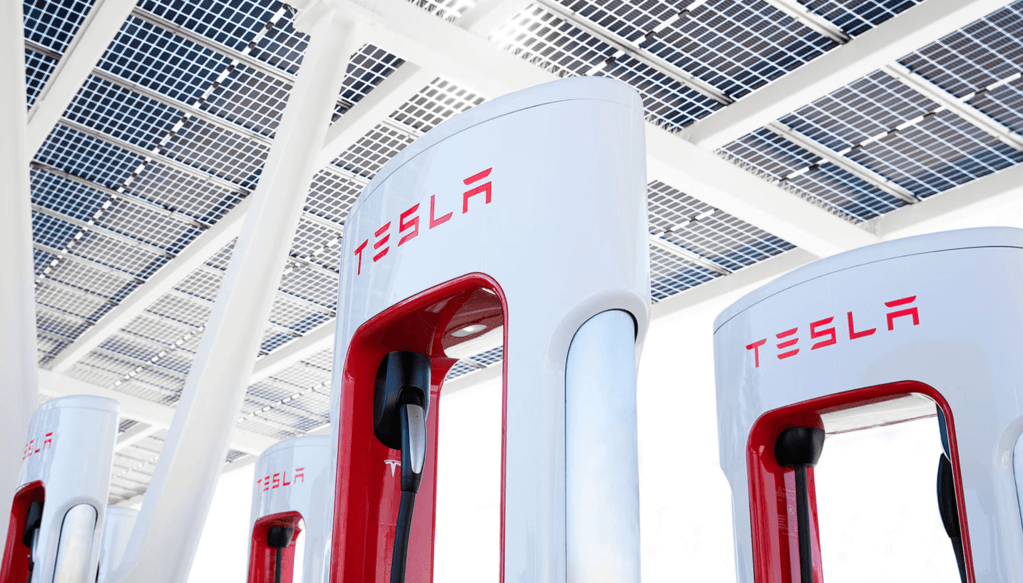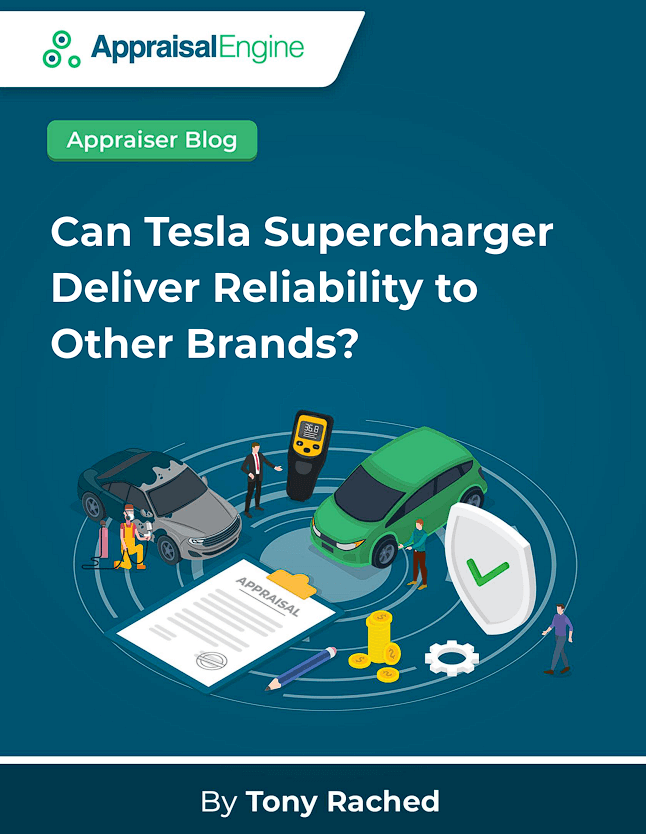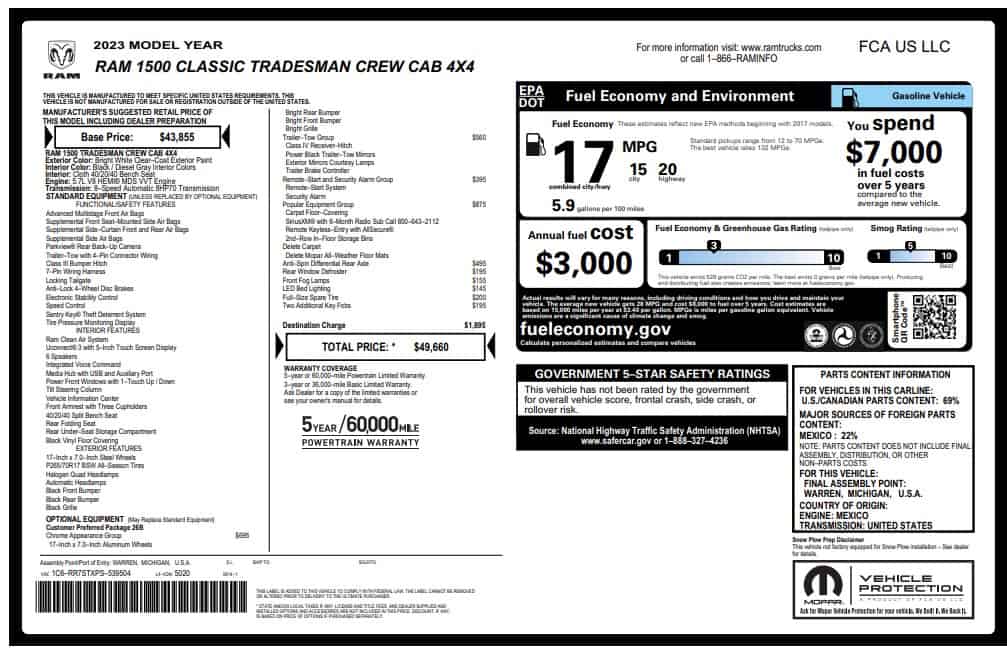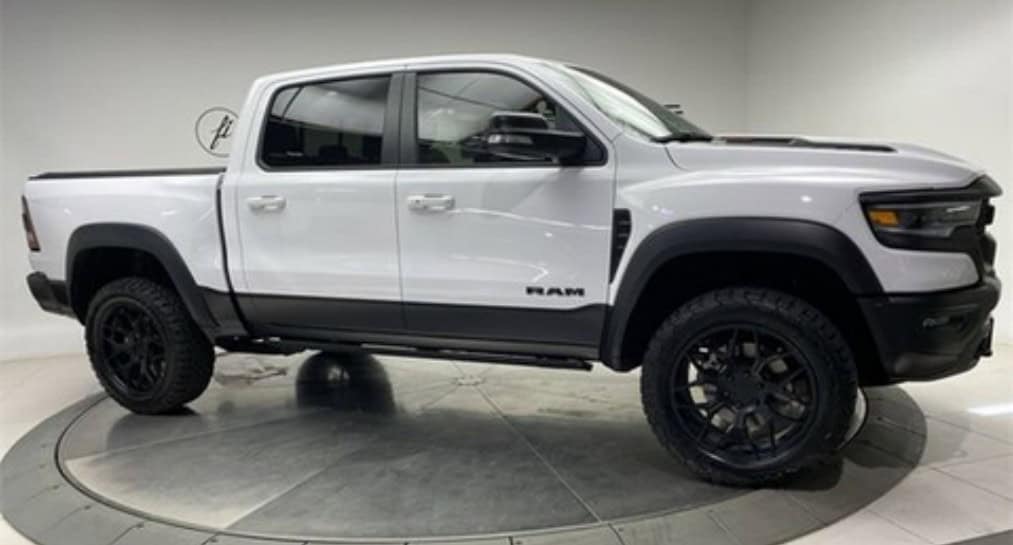Can Tesla Supercharger Deliver Reliability to Other Brands? (PDF)

As electric vehicles (EVs) gain increasing traction, the reliability and accessibility of charging infrastructure are becoming paramount for widespread adoption. Tesla, a prominent player in the EV market, has positioned its Supercharger network as a benchmark for reliability and customer satisfaction. Now, with multiple automakers announcing their adoption of Tesla’s NACS connector as the predominant charging standard in North America, the question arises: Will the renowned reliability of Tesla Superchargers extend to other EV brands? In this article, we delve into the implications of this paradigm shift and its potential impact on the EV charging landscape.
Unmatched Dependability and Consumer Approval
Tesla’s Supercharger network has consistently outperformed other charging networks in terms of reliability. Notably, J.D. Power’s E-Vision Intelligence Report revealed that Tesla’s Supercharger network achieved the highest levels of consumer satisfaction. A mere 3.9% of Tesla drivers reported being unable to charge at Supercharger stations, while other networks experienced a significantly higher rate of 21.6% for non-Tesla chargers. This exceptional reliability directly translates into elevated satisfaction levels among Tesla owners, evident from their impressive rating of 734 on Power’s 1,000-point scale, surpassing the 558 achieved by other manufacturers.
The Significance of Reliability for EV Adoption
Reliability assumes a pivotal role in driving the widespread adoption of EVs. In recent years, the absence of public charging infrastructure has been identified as the primary consumer barrier to EV adoption. As established automakers such as GM, Ford, and others intensify their EV production efforts, ensuring a reliable and easily accessible charging network becomes paramount.
Tesla’s Supercharger network has witnessed rapid expansion, adding 1,292 Supercharger ports in the first quarter of this year alone, thereby bringing the nationwide total to nearly 19,500 ports across 2,025 station locations. Despite a smaller presence compared to the CCS (Combined Charging System) standard, Tesla’s Supercharger network stands out for its unmatched reliability and rapid charging speeds, making a substantial difference for EV owners.
The Tesla NACS Connector and Cross-Compatibility
Several automakers, including Ford, GM, Rivian, Volvo, and Polestar, have announced their intention to adopt the Tesla NACS connector starting in 2024. This significant move will render over 70% of the new EV market NACS-compatible, firmly establishing it as the dominant charging standard.
Other renowned brands such as Hyundai, Stellantis, and the Volkswagen Group are also evaluating this prospect, while the SAE (Society of Automotive Engineers) is actively considering it as an authentic standard for interoperability and manufacturing. However, a critical question remains: Will this transition to the Tesla standard lead to a measurable improvement in reliability compared to the CCS?
Implications for the Tesla Supercharger Network and Owner Experience
The potential influx of drivers from various EV brands utilizing the Tesla Supercharger network raises concerns about the impact on customer satisfaction. The possibility of longer queues at Supercharger stations during busy weekends may be a consequence. However, this heightened demand could potentially expedite the expansion of Tesla’s Supercharger network and the development of its superior V4 hardware. The hardware upgrade is essential for supporting upcoming EV models from GM, including the GMC Hummer EV, Chevy Silverado EV, and the Tesla Cybertruck. Consequently, the overall impact on Tesla owners may be positive, leading to an accelerated expansion of the network and improved charging infrastructure.
A Future of Reliability and Seamless Integration
Tesla’s Supercharger network has set an industry benchmark for reliability and customer satisfaction in the EV charging landscape. As other automakers embrace the Tesla NACS connector, there is a promising potential for enhanced reliability and an elevated charging experience for EV owners. With Tesla continuing to rapidly expand its Supercharger network and establish it as the dominant charging standard, the future of EV charging appears poised for significant advancements.
While challenges may arise, the unwavering focus on reliability and customer satisfaction remains a driving force behind the transition to electric mobility. As the EV market evolves, the dependability of charging infrastructure will play a pivotal role in shaping the overall ownership experience and accelerating the widespread adoption of electric vehicles.





